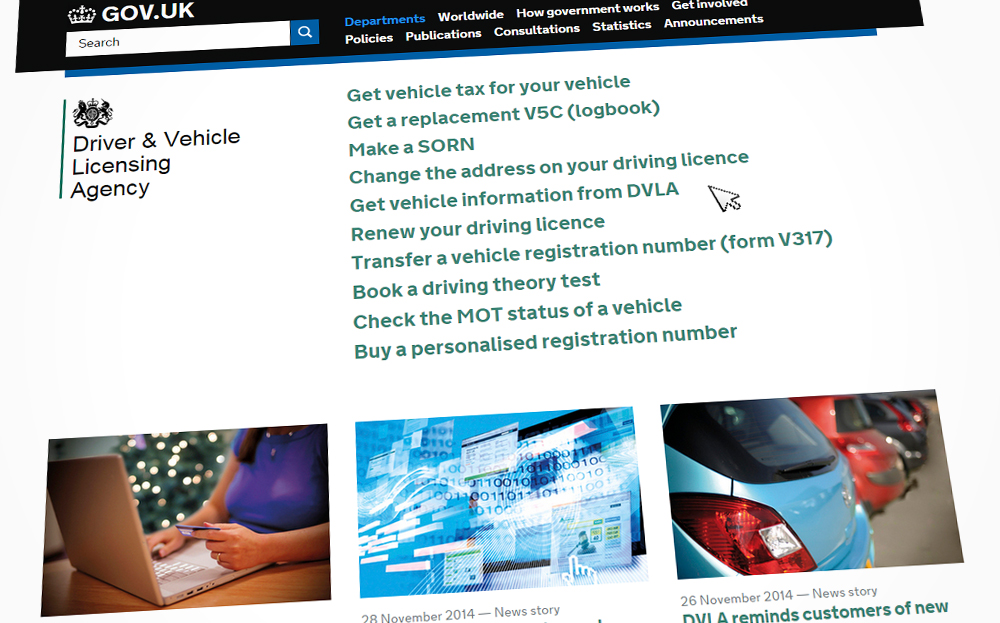News: DVLA made £22m in less than five years from selling drivers' details
Sensitive information sold to private parking firms

THE DRIVER and Vehicle Licencing Agency (DVLA) has made almost £22m since 2010 by selling driver’s details to private parking enforcement firms, it has emerged.
In response to a Freedom of Information request, the DVLA, which maintains registers of drivers and vehicles in Great Britain, revealed that it charges approved parking firms £2.50 every time they request driver information, such as a vehicle owner’s name and address, in order to chase up unpaid fines and tickets.
Search for and buy your next car on driving.co.uk
The income from the offloading of private data has been steadily rising year-on-year, with the government agency set to pocket £7.3m this year, up from £6m in 2013.
The profits from the past two years reveal a dramatic increase since 2010-11, when the DVLA made just £2.9m from selling motorists’ details.
A total of 31 companies have paid for the details of nearly 8.7 million drivers over the past four-and-a-half years, sparking anger from the motoring community over the way some private parking firms behave.
For example, Observices Parking Consultancy spent £66,000 buying the details of more than 20,000 motorists but the Wolverhampton-based company pleaded guilty in March 2011 to breaching trading standards. It admitted to 36 offences, including displaying 15 misleading signs.
Parking Eye, which is the largest supplier of Automatic Number Plate Recognition systems in the UK, is the country’s biggest spender, parting with £7m in exchange for driver details since 2011.
“The fees are set to recover the related administrative costs.” DVLA
It too lost a court battle this year for attempting to fine a driver who circled Fistral Beach car park in Newquay, Cornwall for half an hour without successfully finding a parking space.
A response from the DVLA stated that it does not profit from the sales, and added: “The fees are set to recover the related administrative costs and this means that it is the applicant and not the taxpayer who funds this activity.”
It also denied breaching data protection laws, stating: “Landowners would have great difficulty in enforcing their rights if motorists were able to park with impunity on private property.
“If it is alleged that the terms of the contract are breached, it is considered reasonable that vehicle keeper details may be released in order to enable the landowner or his agent the opportunity to pursue their legal rights.
“If this were not the case, motorists would be able to park with disregard for the law or the rights of landowners, with no prospect of being held to account for their actions.”




